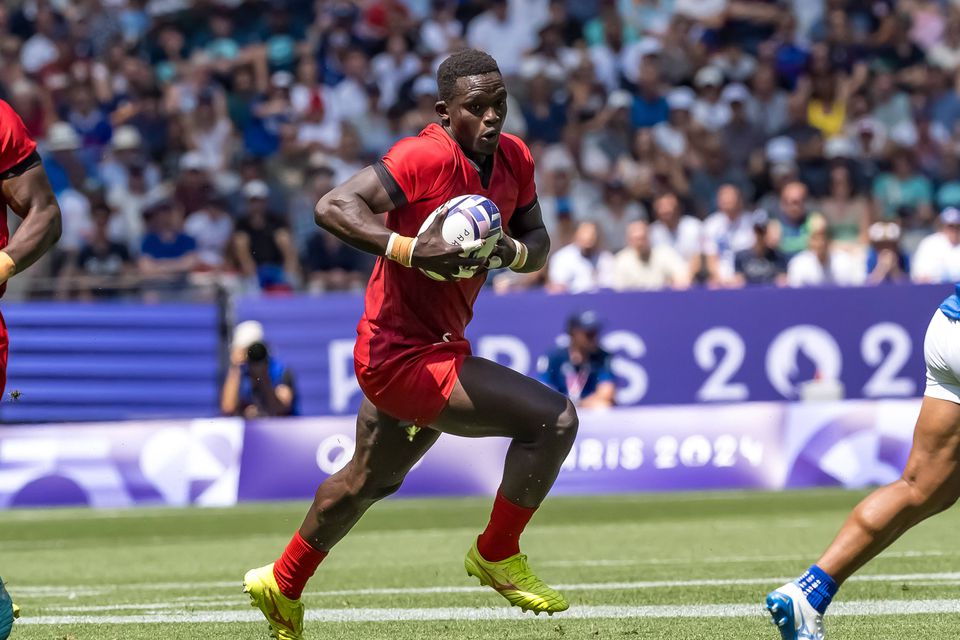Kenya Sevens star Kevin Wekesa believes the recent changes to the HSBC 7s format, coupled with the growth of new invitational tournaments, could be the lifeline rugby sevens needs to stay relevant and exciting on the global stage.
World Rugby has introduced a new structure that reduces the number of core Division 1 teams from 12 to eight per gender, condensing matches into a fast-paced two-day format across six tournaments. From the 2025/26 season, the World Championship will bring together the best 12 teams—eight from Division 1 and four from Division 2—at showpiece events in Hong Kong, Baladol, and Bodo. Kenya’s Shujaa will feature in Division 2, but Wekesa remains optimistic about their chances of breaking through.
“This season our goal is to finish in the top four of Sevens Two and earn a spot at the World Championship. We have the players and the talent—it’s now about consistency and preparation,” Wekesa emphasized.
Beyond the official circuit, the rise of new invitational competitions such as India’s Rugby Premier League and emerging French sevens leagues has added fresh energy to the sport. Wekesa, who has already featured in both, sees these tournaments as a much-needed spark. According to him, the old format dragged on too long, leaving fans disengaged. In contrast, shorter and more dynamic events create moments of intensity every few minutes, making the game more marketable and fan-friendly.
He also believes this shift aligns with modern fan preferences. “Not everyone wants to spend an entire weekend watching rugby. The new leagues and shorter schedules make sevens more attractive to audiences who want quick, thrilling action,” he noted.
At home, Wekesa continues to feature for Kabras Sugar in the SportPesa 7s circuit, while also urging Kenya to rethink its own tournaments such as the Safari 7s to match global trends. He argues that creating competitive, engaging events is the best way to attract sponsors and grow the fan base.
For Wekesa, the solution lies not in talent Kenya has plenty of that but in building structures that give players consistent opportunities to perform both locally and internationally.
“Kenya already has the quality. What we need now is better organization and strategy to keep pace with the changes shaping sevens worldwide.”

